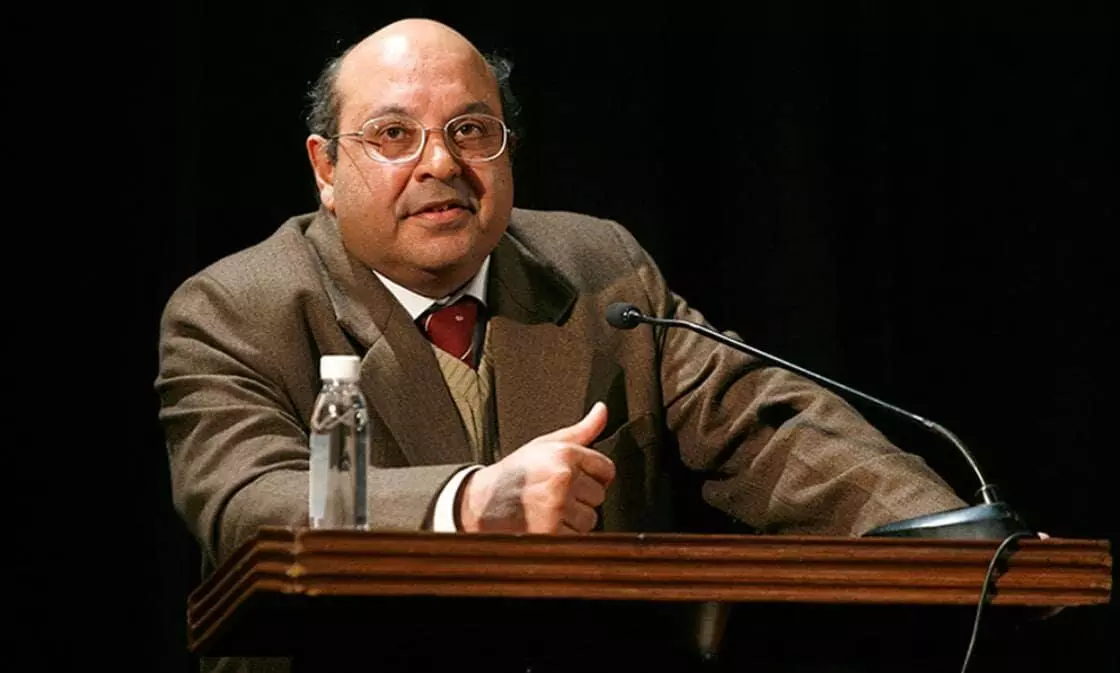
Judges should follow law irrespective of the outcome of the next election: Justice Nariman
text_fieldsFormer Supreme Court Judge Justice Rohinton Fali Nariman said that it is important that judges "lay down Constitutional law in a continuum without being affected by the outcome of the next election".
He noted that the Supreme Court today is a national court of appeal and not a Constitutional Court. He added that it is a great matter that we can write dissent today, reported Live Law.
He was speaking at the launch of his third book 'Discordant Notes- The Voice of Dissent in a Court of Last Resort'. The new book addresses the fate of dissenting judgements in the top court. Justice Nariman said that he wrote the book in the six weeks when he was incarcerated at his home due to the pandemic.
He said that the first chapter of the book deals with the need for dissent and goes on to talk about the pros and cons of allowing and not allowing dissent.
The Pratibha Khaitan Foundation held a panel discussion comprising Justice BN Srikrishna, former Supreme Court Judge, Justice Gautam Patel of the Bombay High Court, and Senior Advocate Darius Khambata.
The former justice spoke about how dissenting judgments often act as instruments of change, referring to dissenting judgments which often act as instruments of change. Justice Nariman pointed out how his dissents later became codified into laws, said the Live Law report.
He added that instances of dissents not becoming part of the law are also mentioned in the book, referring to the judgment of Justice Sinha and Justice Bachawat in the Golaknath v. State of Punjab case.
The author has dedicated an entire chapter to four dissenting judges - Justice Fazal Ali, Justice Vivian Bose, Justice Subba Rao, and Justice HR Khanna's dissent. He called them "The Four Horsemen of the Apocalypse". Justice Subba Rao is called the championing dissenter for penning 53 dissents. Justice HR Khanna dissented at the height of the Emergency.























